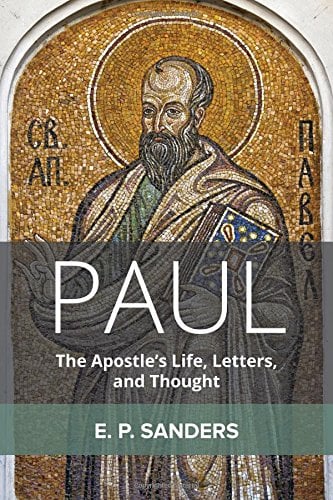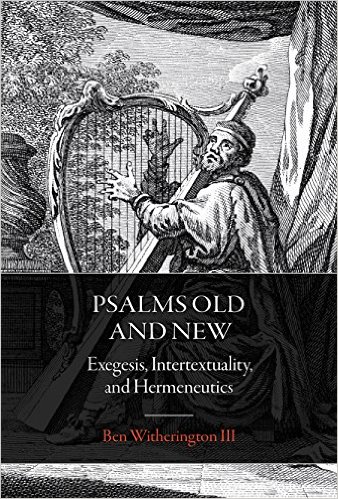p. 518– he goes with the translation ‘after receiving the Spirit by faithing what you heard… have you started with the Spirit but finished with the flesh (3.3). This may refer literally to the foreskin and hence to circumcision but in Gal. 5.17-18 flesh is the natural opposite of Spirit and flesh is connected to the Law. Sanders thinks flesh=works of the Law. p. 519— In bringing up Abraham and arguing against circumcision Paul avoids Gen. 17.9-27 and instead focuses... Read more









